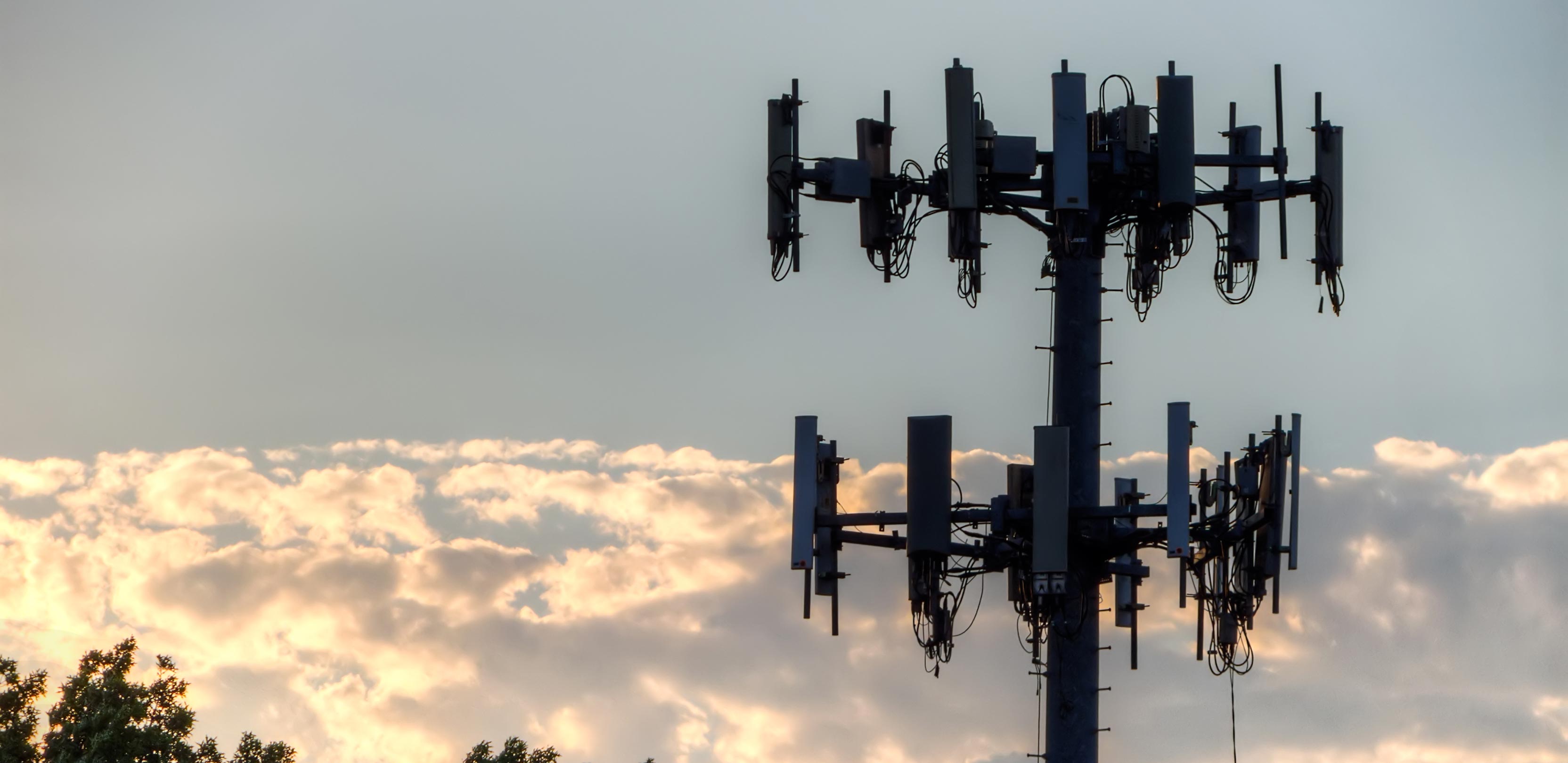
The Chamberland Commission — which is examining electronic surveillance of reporters following October 2016 revelations that La Presse journalist Patrick Lagacé was tracked for months even though not suspected of a crime — received reports from telecoms on April 6th that revealed the extent to which operators provide police with data on mobile phone use in Quebec.
Subscriber info requests by telecom
- Videotron stated it received 2,555 court orders for subscriber information from the Sûreté du Québec (SQ) between May 1, 2010 and March 31, 2017 — usually numbers called and received, the length of calls and call times. It also received 1,255 requests from the Montreal police department and over 200 from the Gatineau and Laval police forces.
- Bell told the commission it received more than 3,000 requests from the SQ, more than 1,500 from Montreal police and about 400 from the Gatineau and Laval police since 2010.
- Telus stated that it received “more than 3,000” demands for information from the SQ, 350 from the Montreal police and about 800 from Gatineau and Laval.
- Rogers, which counts such information not by amount of request but by individual numbers, said 3,031 numbers were the subject of requests by the SQ, 3,946 by Montreal police and around 700 from the Gatineau and Laval police combined.
Historic police access
Sergio Cantoni, security analyst at Telus, also told the commission that prior to April 2013, Telus would hand over the content of text messages when ordered to by police, and that before December 2014, when Bill C-13 went into effect, Telus didn’t need to see a warrant to provide “nominative information” about clients.
“Police officers had access to a system that was given by Telus. Police forces were subscribed to this system and they could search their own telephone numbers on Telus clients,” said Cantoni.
Kristi Jackson, who represented Rogers at the hearing, stated that even today police sometimes attempt to obtain information on their clients without a signed court order.
Tower dumps
Two of the witnesses also related police requesting ‘tower dumps,’ in which all the call data from a single tower operated is transferred to police — often compromising the data of many citizens unrelated to the investigation.
In January 2016, Rogers and Telus won a court case regarding the practice of tower dumps, after a request that would have forced Rogers to disclose information involving over 30,000 customers in 2014. Following the successful case, both Rogers and Telus have put out transparency reports to disclose how many requests for subscriber information both have received, and how many have been granted or refused.
Source: Montreal Gazette
MobileSyrup may earn a commission from purchases made via our links, which helps fund the journalism we provide free on our website. These links do not influence our editorial content. Support us here.


